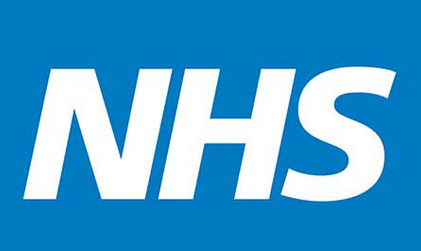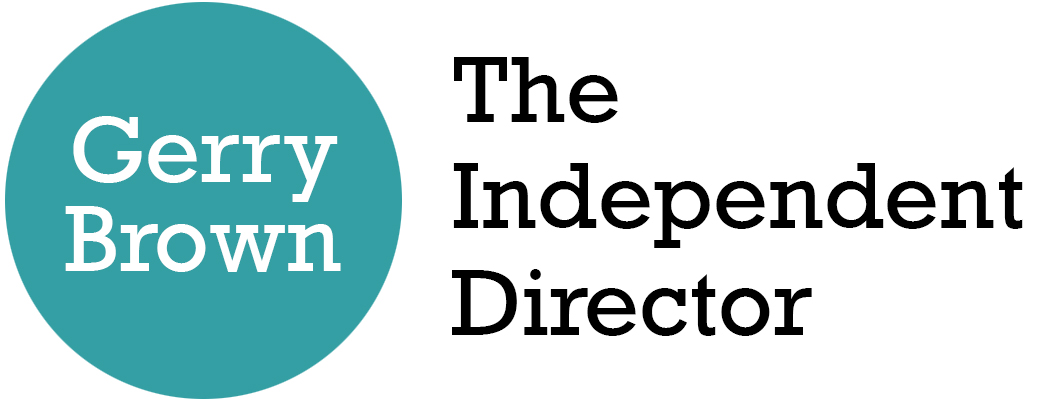
Corporate governance issues in the NHS
HENLEY Business School conducted in-depth research over a two-year period for our book The Independent Director in Society: Our Current Crisis of Governance & What to Do About It. Our research includes a survey of NHS non-executive directors (NEDs), which reveals significant areas of concern.
Only 55 per cent of respondents agreed with the statement that NHS trust chairs “effectively deal with/remove non-performing and/or disruptive board members”. Undertaken before the onset of the pandemic nearly a third of the respondents disagreed with the statement that NHS chairs were “effective in a crisis”. Much more worryingly, a fifth claimed it was impossible for NEDs to be effective “given the mandate of the NHS”. Additionally, nearly half of trust chairs fail to “effectively deal with non-performing board members”.
Only 56 per cent considered boards “innovative” and 30 per cent said they were “risk averse”. Speaking at the launch of the book, one of the research leads Dr Filipe Morais suggested that CoVid 19 would see already existing NHS risk aversion get worse to the possible detriment of care delivery in the community and also call into question the basis and delivery of long term strategic plans. “The CoVid-19 crisis can make the NHS more risk averse. It was already very substantially a risk averse organisation. And, at the same time, everything - the five years forward view, the ten years forward views - for the NHS are asking the NHS to transform - to become more digital and more locally focussed with care models that deliver care in the communities and become less hospital based. I think there is a fundamental tension between the assumptions of the long term view of the NHS and what the CoVid 19 crisis came to show which that diseases that are transmissible are not under control.”
Researchers spoke to a wide range of NHS leaders to better understand the issues faced by NEDs and respondents highlighted the problems created by the “constant interference in the workings of the board by outside agencies including regulators such as NHS Improvement, the Department for Health and even cabinet ministers.” We also saw how in the NHS, in particular, governments have sometimes actively interfered with boards and made their work more difficult, while compromising their independence.
